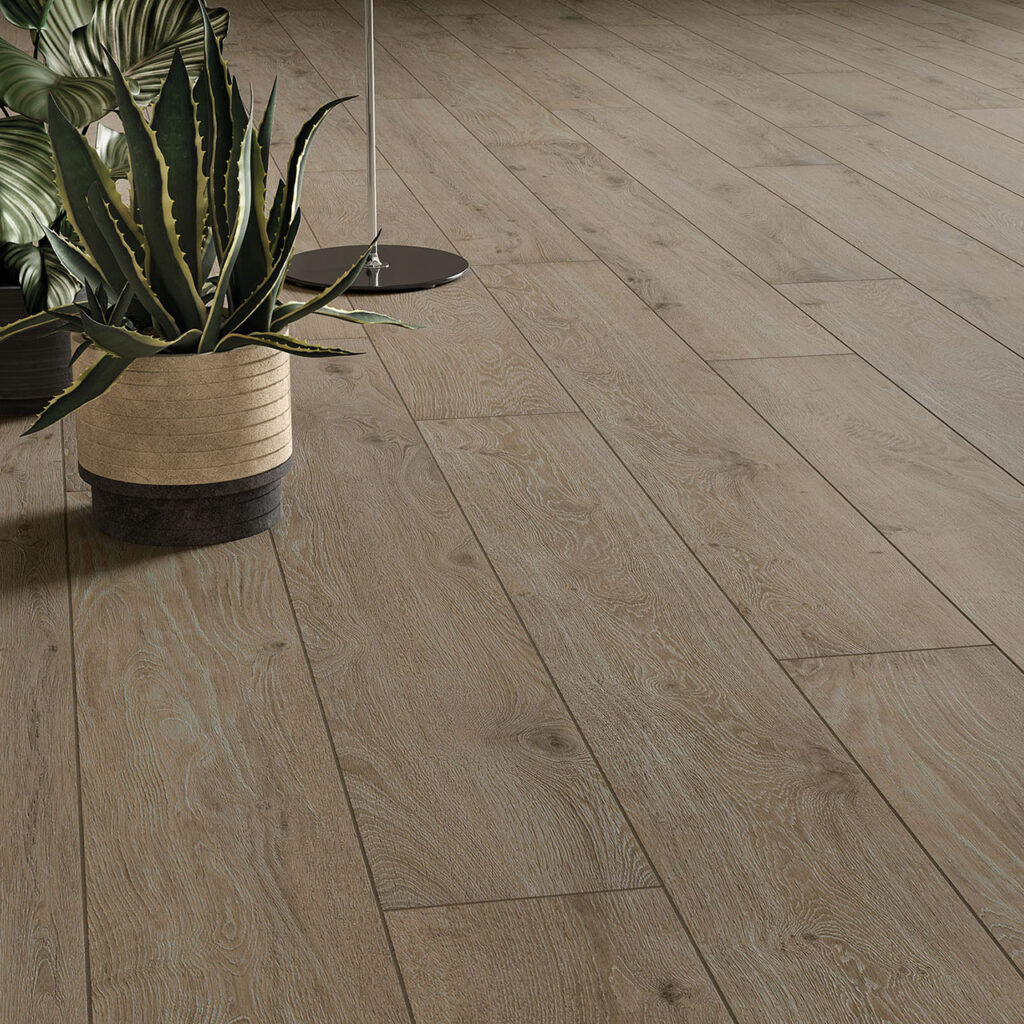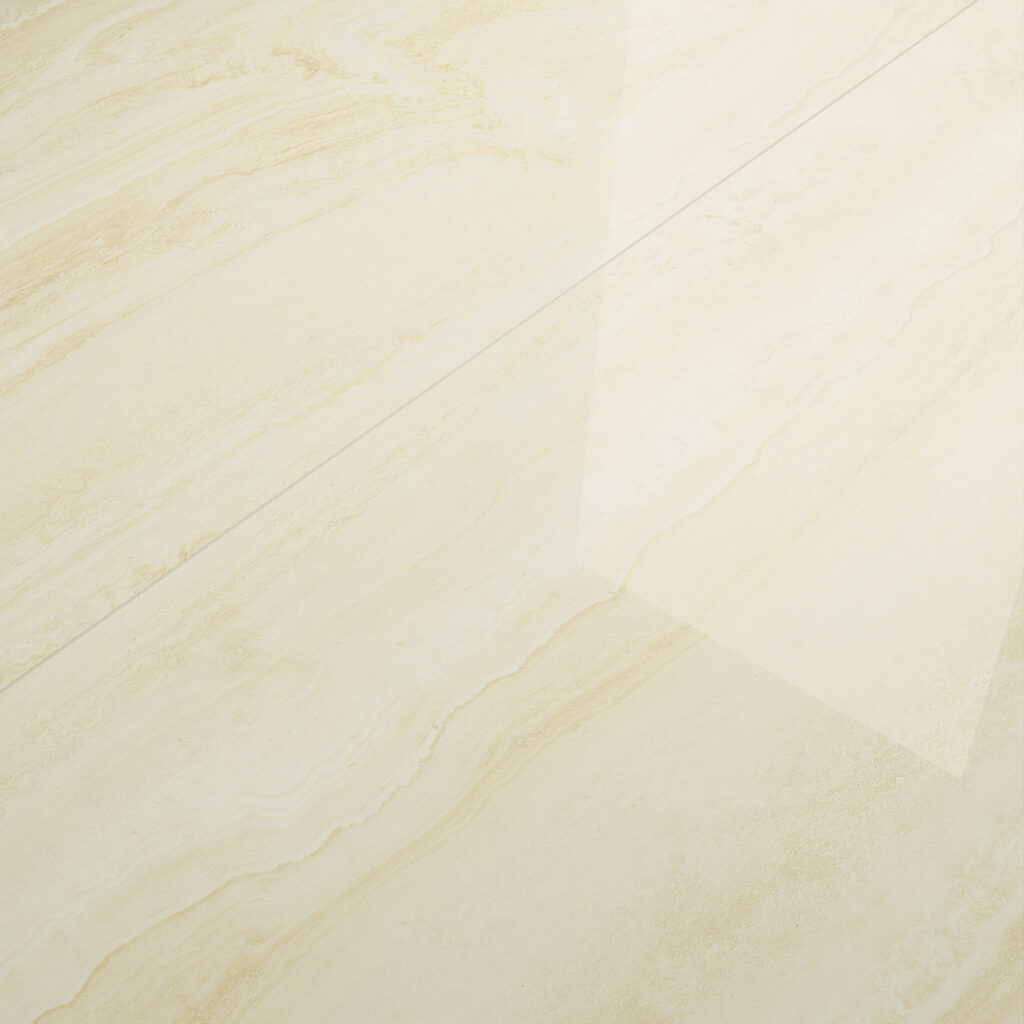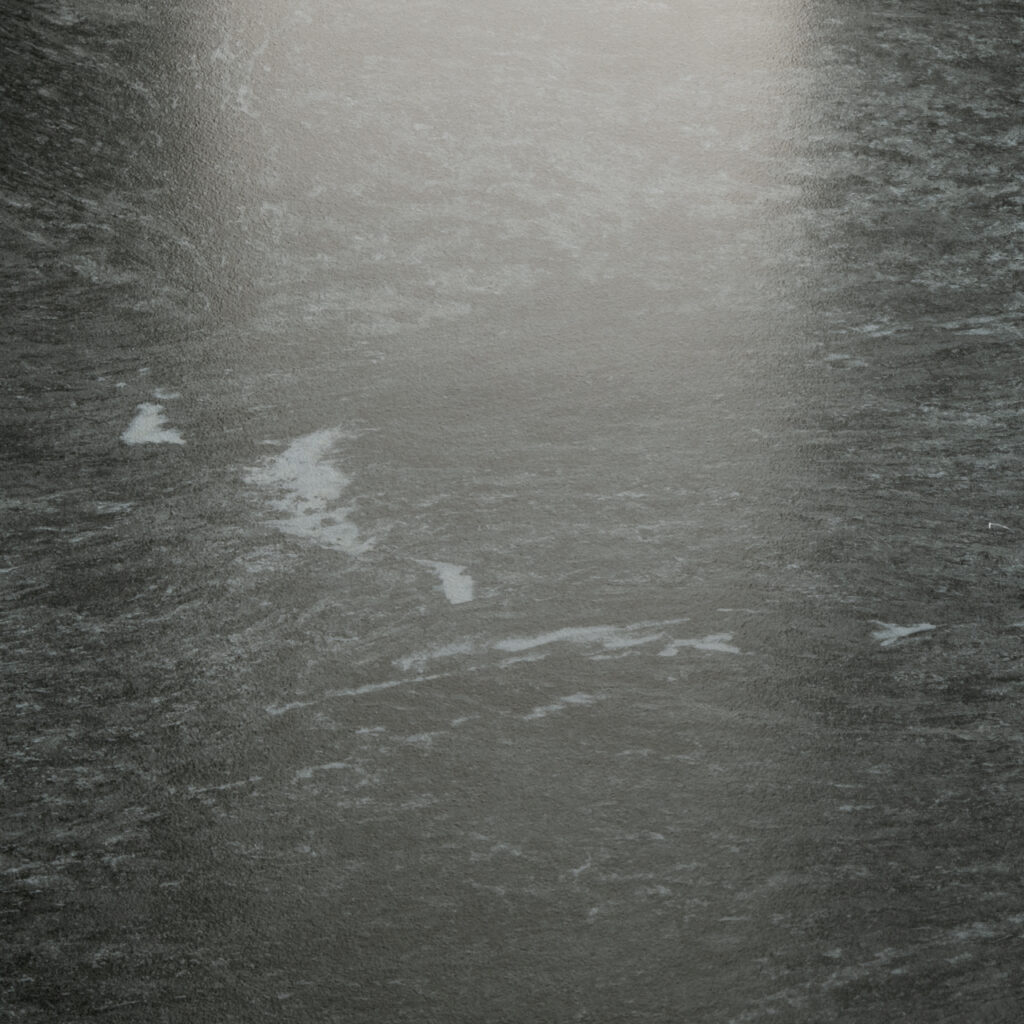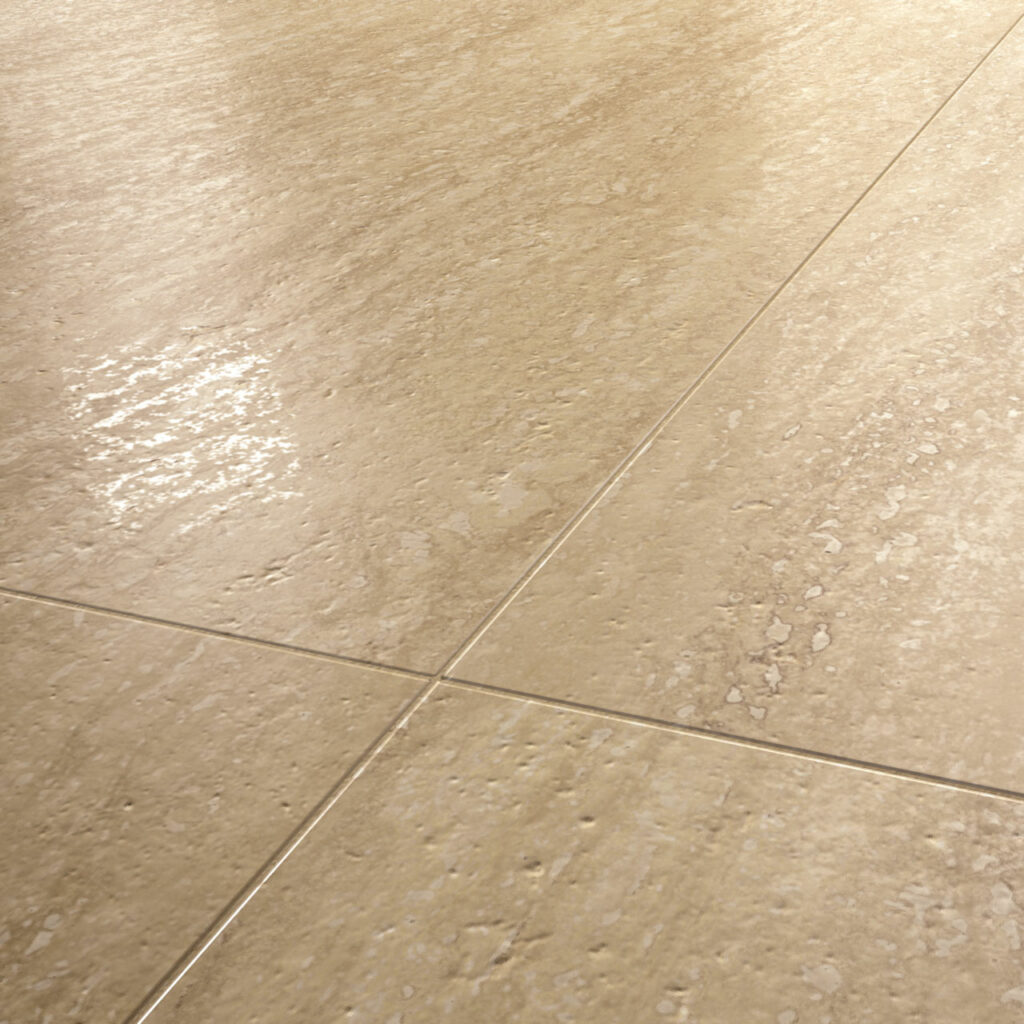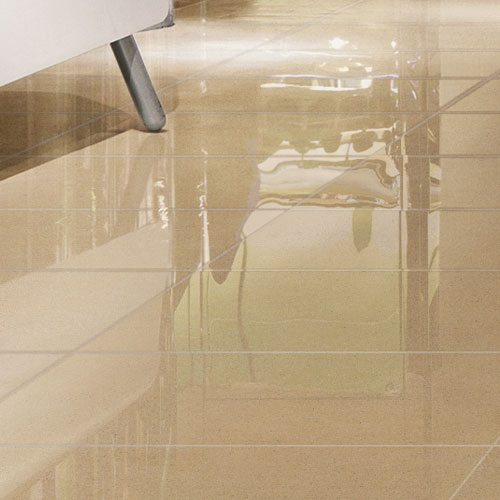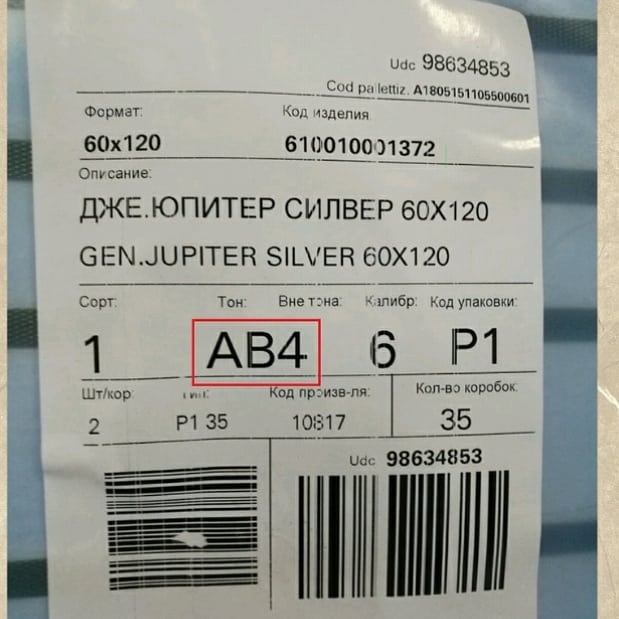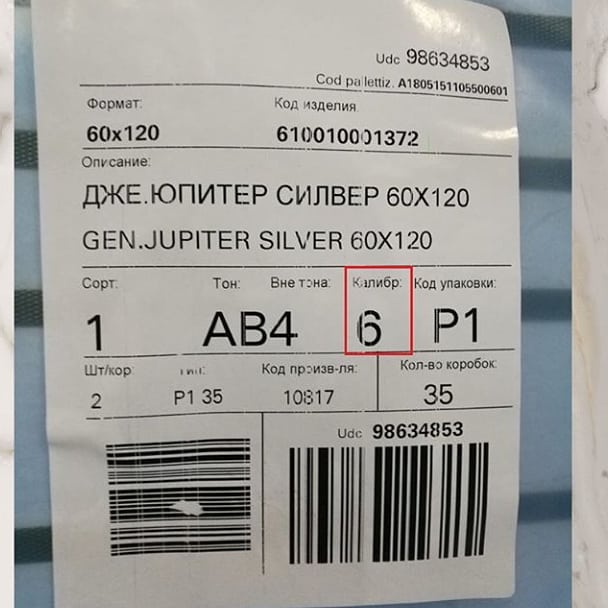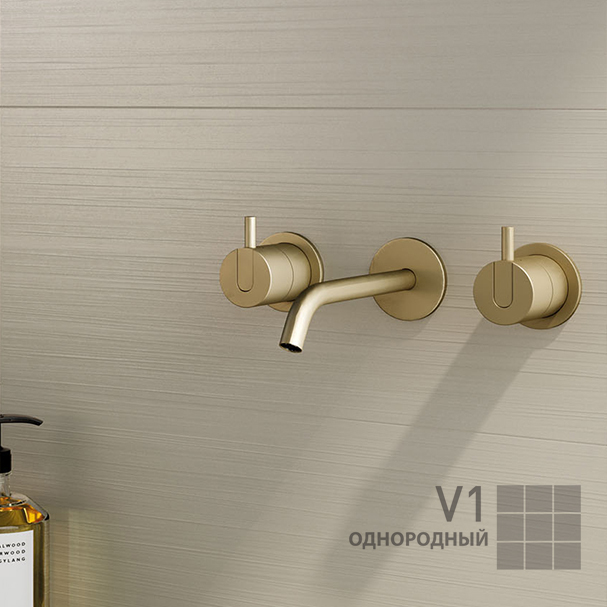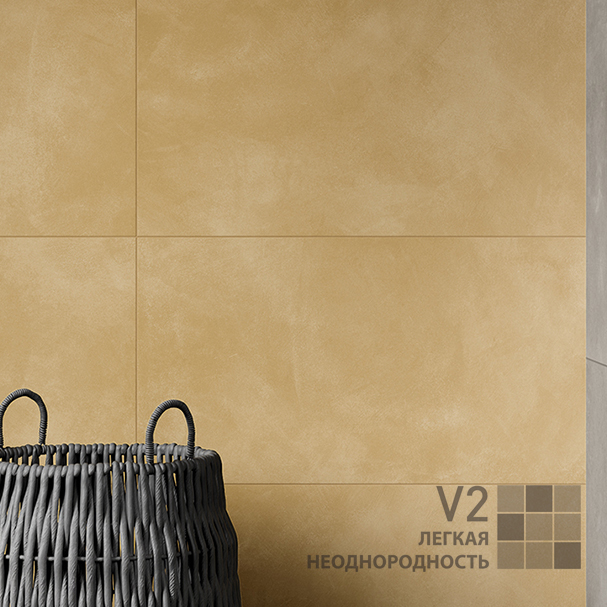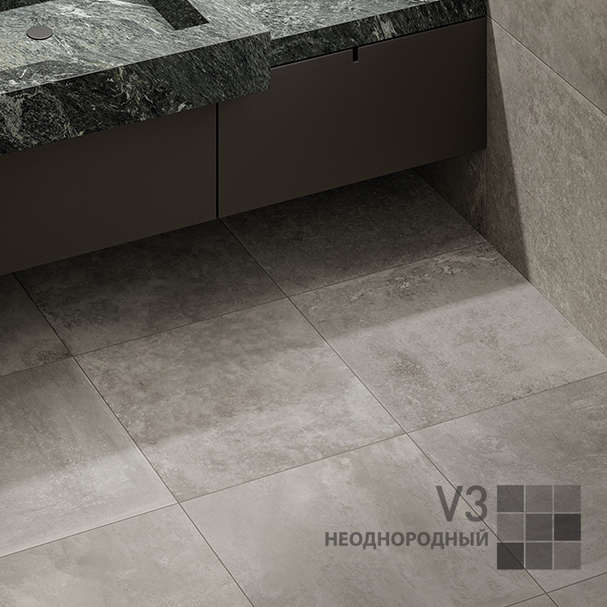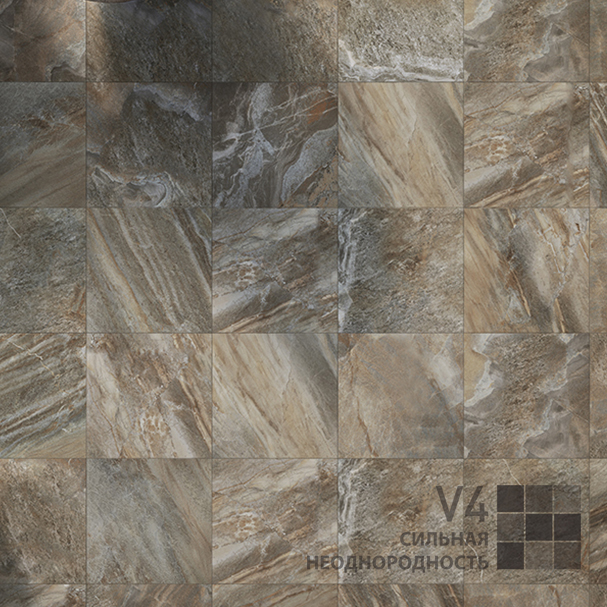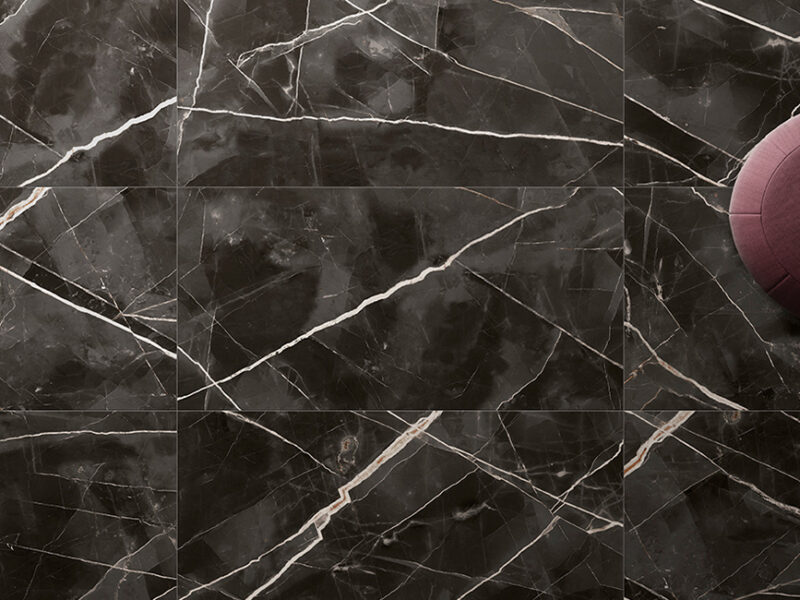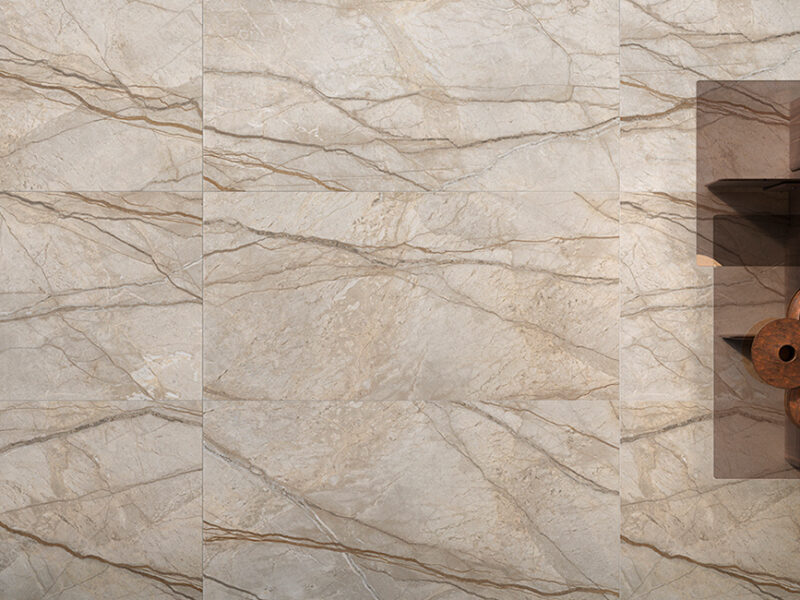
6 Tips to Pick The Perfect Tile
If you are renovating, you need to understand that along with the aesthetic characteristics of the tile, there are other important technical parameters that must be considered in each project. In this article, we will show you what to consider before buying a tile.
1. Porcelain stoneware vs ceramic tiles
The main difference between porcelain stoneware and ceramic tiles lies in their technical characteristics and, as a result, in their destination of use. Porcelain stoneware has an extremely low water absorption coefficient (<0.5%), high density, hardness and durability. It does not expand when exposed to moisture, it is easy to clean, it does not fade under sunlight, which makes it suitable for floor and wall finishing in interiors as well as for exteriors (facades, plinths, porches and landscape design). Traditional ceramic tiles have a higher water absorption level and a decorated outer layer that limits their use exclusively to interiors and wall applications. We do not recommend laying ceramic tiles on the floor.
2. What type of finish to choose
Italon porcelain stoneware has many types of finishes: matt, lux, honed, honed satin, structured or grip, polished.
Which one to choose? It depends on the operating conditions. Each type of tile finish has special aesthetic and technical traits.
For example, structured finishes enhance the beauty of natural stone and have high anti-slip ratings, making them ideal for shower areas, swimming pools, spas, exteriors, entrances and staircases.
Glossy finishes emphasize the depth of the pattern, but at the same time they are high maintenance and have certain restrictions on use due to their low anti-slip ratings.
3. Rectified tiles vs non-rectified
Please note that porcelain stoneware can be rectified or non-rectified. What is the difference and which one to choose? If you want the tiles to be laid with minimum grout joints, you should give preference to rectified tiles, since they allow to achieve almost seamless, smooth, monolithic surfaces. When laying non-rectified tiles, the grout joints must be larger (3-4 mm) and, accordingly, more noticeable. Rectified porcelain stoneware has undergone additional machining of edges. It has perfectly flat ends which were trimmed at an angle of 90 degrees, and it is always produced in a single caliber.
This type of tile has many advantages. For example, it can be laid with grout joints as little as 1.5-2mm, and allows you to combine different colors, formats, finishes and even collections. For rectified porcelain stoneware, the actual size is always known, which corresponds to the previously specified caliber. Rectified tiles are available in a large number of formats (80×80, 60×120, 120×278, etc.). It is also an indispensable solution for ventilated facades.
Non-Rectified porcelain stoneware does not undergo additional processing of edges and, immediately after firing, it is sent to be sorted according to its actual dimensions, so called calibers. The tiles have a slight bevel along the edges, and therefore we recommend laying them with 3-4mm grout joints. These tiles have a lower price and are available in small formats.
4. Tile shade and caliber
If you want your completed project to be perfect, it is necessary to take into account important factors such as shade and caliber.
During the production process, each tile takes on an individual actual size and shade. At the end of the technological cycle, porcelain stoneware is sorted by shade and caliber. This information is always shown on the shipping documents and on each package.
Shade, as a rule, is a combination of letters and numbers (for example, “AB4” or “BC6”), and caliber is a number (for example, “6”).
When buying tiles make sure that all purchased tiles have the same shade and caliber. The shade of tiles from different batches may slightly vary, and using different ones will ruin the look of any interior.
5. Nominal and actual tile size
It is important to know that tiles have a nominal and an actual size. The nominal size is what the tiles are named after (for example, porcelain stoneware 60×120 cm). It is indicated on the packaging and in the name of the articles. The actual size is the dimension the tile obtained after the completion of the technological cycle (for example, 596×1195 mm). It corresponds to a certain caliber and is always indicated on the box. Please note that the actual size differs from the nominal downward.
To find out the actual size of Italon tiles, just read the information on the box carefully. The base Italon caliber for rectified porcelain stoneware is “6”. On the boxes and on the official website, in the “Documents” section, you can find a table of calibers of the Italon range. When designing, laying out and installing tiles, the actual size must be taken into account.
6. Shade Variation Rating in Tiles
The development of technology allows us to create porcelain stoneware with realistic textures that imitate in great detail natural materials that we are inspired by when creating collections.
The Shade Variation Rating shows how uniform a tile’s graphics is, how irregular the pattern is, and how similar or different each tile will be. If your project requires tiles with uniform and homogeneous graphics, give preference to articles with a V1 rating.
If, on the contrary, you want to create a dynamic design in which each tile has its own unique graphics, choose tiles with a V4 rating.
Read more about it in the article “What is the Shade Variation Rating in Tiles?“
In this article we talked about the main technical characteristics of porcelain stoneware, which must be considered when planning to buy a tile. We hope our tips will help you choose tiles for your dream bathroom, living room, hallway or kitchen, making you happy every day for many years to come.
For professional advice and manufacturer prices, we advise you to contact the official Italon dealers. You can find the addresses and contact information of authorized outlets in the Dealer Locator.
Best of luck with your renovation!

